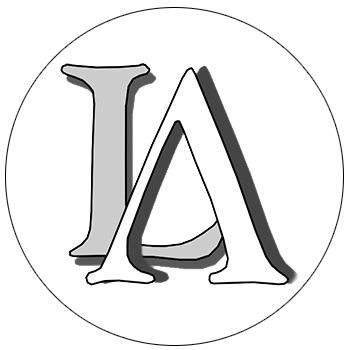


| Anatolii Ya. Shaikevich Textual links of words in mid-19th century Russian prose | |
|
A corpus of Russian prose (14 million running words) is divided into fragments of equal size (40 words each). When actual co-occurrence of two words exceeds significantly the expectation, calculated on the basis of the null hypothesis, the two words are said to be linked together. A huge network of textual links of words is constituted as a result of the analysis. |
|
| Olga O. Bageeva On the functioning of punctuation marks in the letters of the semiliterate authors | |
|
The results of the analysis of punctuation functioning in the corpus of letters of the semiliterate authors are presented in the article. The variety of ways of text segmentation by means of punctuation is reduced to a classification, which is based on four oppositions: using/not using punctuation, structurally motivated/unmotivated using punctuation marks, using punctuation marks with differentiated / undifferentiated purposes, using one / more than one punctuation mark. The functioning of punctuation marks on different text levels is considered extra. |
|
| Evgeniya D. Zarubina Frequency analysis of the major lexical groups in Maggid davar divination book | |
|
In the middle of 16th century, the Mediterranean port of Ancona entered a period of prosperity. The Jewish community of that period produced a number of important documents including the divination book Maggid davar manuscript. The present paper concentrates on the analysis of some of the lexical groups in that document. Among mostly extended groups discussed there are those connected with «trade», «fellowships», «marriage», «offsprings», «road» etc. The analysis results are systematized in the form of bar graphs, which are bringing forward the correlations of different lexical groups. The accumulated data appears to be crucial while studying the interest structure of the Jewish community which created them. |
|
| Raisa I. Rozina Conceptualization of lying in Russian and English | |
|
The article addresses the question whether the difference in attitude to lying in Russian and British culture is reflected in the vocabulary of Russian and English respectively. The analysis of the Russian and English verbs of lying brings one to the conclusion that the number of verbs under consideration is much larger in Russian than in English; their stylistic coloring is different as well (there are a lot of colloquial verbs in Russian in contrast to quite few in English). The subdivision of the verbs of lying into groups revealed differences in filling the subgroups of the same name in the Russian and English languages. Besides, it appeared that there is a group of English verbs, in particular verbs of lying for personal profit, missing in Russian. |
|
| Liudmila L. Fedorova The use of diminutives in the literary texts of Turgenev and Dostoevskii | |
|
The study is devoted to the category of diminutive, which is included in the category of subjective evaluation. There are two main ways to use diminutives: in the designation of a person/subject and in addressing somebody. The comparison of diminutive forms in the works of I.S. Turgenev and F.M. Dostoevskii is made on the basis of corpus analysis. Turgenev uses diminutives mainly in portrait characteristics, while Dostoevskii includes them in the description of actions. The analysis of the noun ãëàçêè (glazki — little eyes), typical for both authors, reveals the difference of expressive meanings associated with this form. |
|
| Ekaterina A. Zakhvatova Monologue-dicteme as a structural linguistic unit of speech (based on stage monologue) | |
|
This article attempts to introduce the concept of monologue-dictema as one of the main structural linguistic units of speech (both oral and written). An English-language mono-play «The Human Voice» by famous French-speaking playwright Jean Cocteau «The Human Voice» (Jean Cocteau, «La Voix Humaine») performed by famous ingenious Swedish and American actress Ingrid Bergman was taken as a research material. |
|
| Grigorii E. Kreydlin, Georgii B. Shabat The formal language of Geometry as a semiotic system. Part II. Advanced syntax | |
|
The paper constitutes the second part of the article of 2017, and is devoted to the advanced syntax of the formal language of Geometry. The units of the advanced syntax are divided in two groups: the elementary syntactic units and the units that are built on the elementary ones by special operations called reductions. Those operations are assigned to reduce regular-formed expressions and thus to facilitate their perception. The author specifies two types of reductions being made on the basis of the universal laws of formal logic and being introduced into the language of special new items. At the end of the article the expressive power of the advanced syntax are discussed. The exemplified fragment of the advanced syntax related to the theory of triangles and quadrilaterals is presented. |
|
| Iosif S. Keselman. Rozaliya Semenovna Ginzburg — Teacher and friend | |
|
The presented text describes the author’s reminiscences of a great scholar, a talented teacher and a person of high morality Some of the numerous examples of her help to the author in his introduction to serious linguistic work are described. |
|
| Raisa I. Rozina Flowers to Rozaliya Semenovna Ginzburg for her 110th birthday | |
|
The article is devoted to the role of R.S. Ginzburg, who worked for many years at the Lexicology Department of Maurice Thorez Moscow State Pedagogical Institute (now MGLU), in the development of modern linguistics, lexicology in particular and in bringing up a generation of linguists and teachers. |
|
| Vladimir M. Trub My meetings with Yurii Semenovich Martem’yanov | |
|
The article is dedicated to the memory of outstanding Soviet and Russian linguist Yurii Semenovich Martem’yanov who was among the first who resolutely declared the necessity of fundamental utilization of sense in machine translation. His pioneer works in actual articulation, communicative organization of semantic presentation, deep mechanisms of text generation in many aspects anticipated and even forestalled the current state of linguistic studies. The author tells about his recurring communication with Yu.S. Martem’yanov during almost 33 years. |
|
| Galina G. Yarovaya Yurii Semenovich Martem’yanov. Remembering a Teacher | |
|
The article is dedicated to the memory of the well-known linguist, teacher and translator Yurii Martem’yanov, who made a significant contribution to the development of theoretical and applied linguistics, in particular, the theory of syntax, hermeneutics, machine translation. Special attention is paid to the professional and moral lessons learned by the author from her communication with Yurii Martem’yanov in the period from the late 1970s to early 1990 while participating in scientific research and applications within the framework of cooperation programs between Taras Shevchenko Kiev State University and the All-Union Center for Translations of the State Committee for Science and Technology and the USSR Academy of Sciences. |
|
Editorial contacts:
Miusskaya sq. 6, building 2, Moscow, 125993, Russia,
Institute of Linguistics, RSUH
Mail to:
msk.ling.j@gmail.com